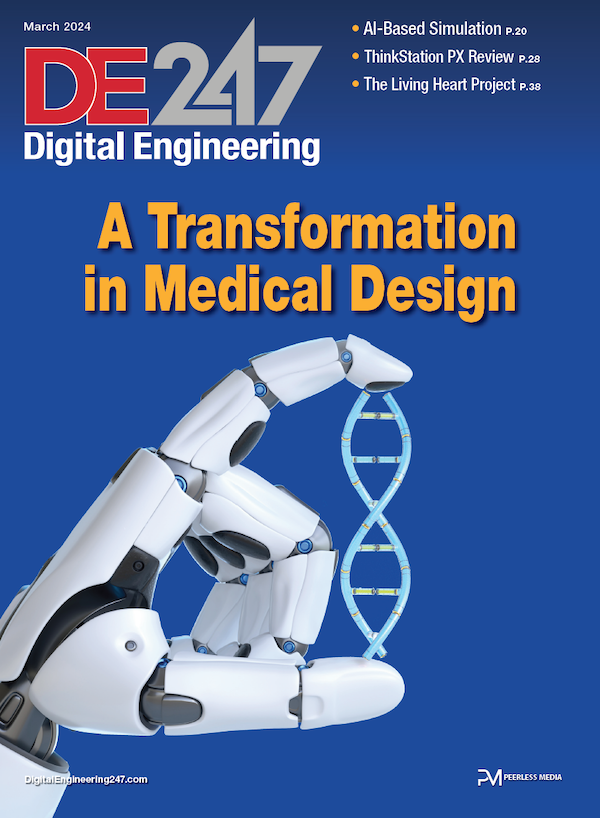
More than 5,000 students compete in the Shell Eco-marathon event, worldwide.
February 1, 2018
Shell Eco-marathon Americas is a global competition that challenges students to push the boundaries of energy efficiency on the road by designing, building and testing the most energy-efficient vehicles possible.
Like many great ideas, the concept that later became Shell Eco-marathon started as a bet in 1939 between a couple of scientists at a Shell research facility in Illinois to see who could travel farthest on a gallon of gasoline. The winner achieved about 50 miles per gallon.
 More than 5,000 students compete in the Shell Eco-marathon event, worldwide.
More than 5,000 students compete in the Shell Eco-marathon event, worldwide.In 1985, the first formal Shell Eco-marathon student competition was held in Europe and since then it has expanded to the Americas and Asia, with more than 5,000 global student participants.
Pam Rosen is the general manager for Shell Eco-marathon Americas. We spoke to her to learn more about the program and the competition.
Digital Engineering: Can you provide an overview of the Shell Eco-marathon?
Pam Rosen: The event came to the Americas in 2007 with less than 20 teams registered to compete on the inside track of a Speedway in Fontana, CA.
2017 marked the 11th running of the competition in the Americas, which returned to “Motor City” in Detroit on April 27-30, as a featured element of a four-day festival of ideas and innovation—Make the Future. The festival celebrated bright energy ideas to inspire current and future energy solutions, offering free virtual reality experiences and hands-on science experiments for thousands of visitors from the Great Lakes region.
The intent of the competition is to inspire scientists and engineers of the future to turn their vision of sustainable mobility into reality. It also sparks a passionate debate about what could one day be possible for cars on the road.
There were approximately 114 participating student teams from the Americas, including Brazil, Canada, Colombia, Guatemala, Mexico, Peru, Puerto Rico and the United States—totaling more than 1,200 student participants. And a growing number of student participants were female. Among this year’s student teams, 245 participants were women, including 16 team managers. This trend is encouraging.
DE: Can you tell us about some of the designs that are part of the event?
Rosen: The competition provides an arena for students to test vehicles that they design and build themselves. It aims to inspire young people to become scientists and engineers of the future by building prototype or urban concept vehicles that are powered by internal combustion engine fuels, electric battery or hydrogen.
The students have about a year to submit their designs and build their vehicles to global rules that set out requirements for size, weight, safety, propulsion and other technical specifications before competing in one of the annual global events.
We have seen students bring cars that utilize 3D printed components and lightweight carbon materials, as well as recycled components like parts of a windmill being used as a drivetrain.
DE: What drove Shell to sponsor the event and coordinate the event?
Rosen: At Shell, we believe that one of the biggest challenges facing the world is how to produce more energy for economic growth and human progress, while significantly reducing carbon dioxide emissions. We are committed to finding solutions to tackle this global challenge.
Make the Future, featuring Shell Eco-marathon, brings together brilliant minds, from different parts of society, that are developing new ways to help provide the world with the cleaner energy it needs. The festival provides a platform for the next generation of aspiring scientists and engineers to collaborate, and an opportunity for all ages to experience bright energy ideas in action.
More Info
Subscribe to our FREE magazine, FREE email newsletters or both!
About the Author
Jim Romeo is a freelance writer based in Chesapeake, VA. Send e-mail about this article to [email protected].
Follow DE





